Unemployment woes abound even for graduates from China's top schools
Even with a bachelor's or master's degree from top universities in China, graduates are facing a tough job market. While some are choosing to remain unemployed in hopes of better opportunities, others are exhausting all avenues to make a living, from taking the civil service examination to becoming "full-time children". Lianhe Zaobao journalists Li Kang and Zhu Yuxuan look into the issue.
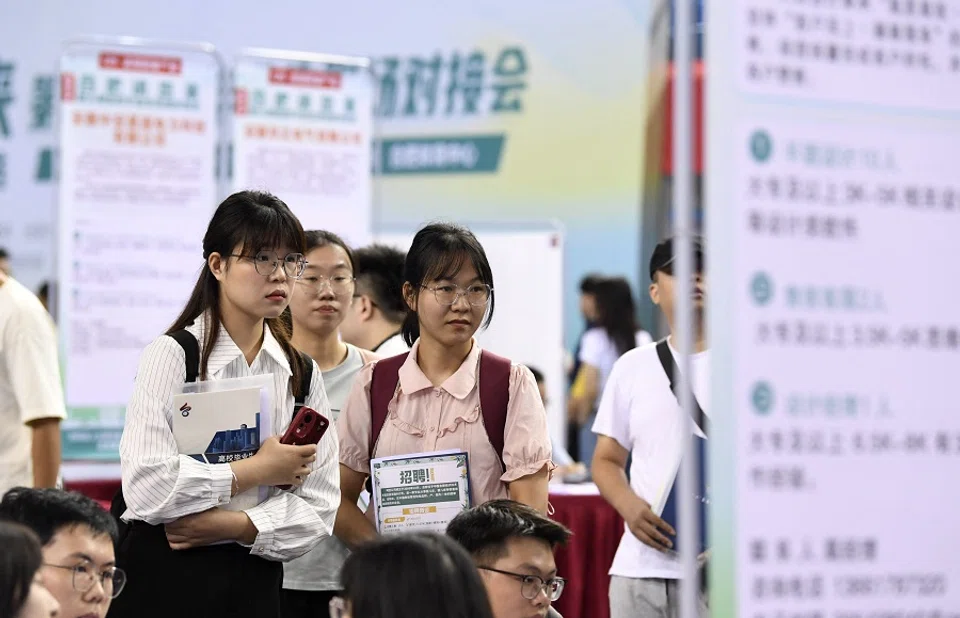
Zhang Shuting, who holds a bachelor's degree in political science and law from a top Chinese university and a master's degree from the University of Hong Kong, has been unable to find a suitable job despite sending out numerous resumes over the past few months. She finally left Hong Kong to return to her hometown in Guangdong, becoming a "full-time daughter" in late May this year.
Top graduates struggling
Despite sending out countless resumes, 24-year-old Zhang only managed to get three interviews. Although an investment bank made her an offer after several rounds of interviews, the offer was later withdrawn due to a hiring freeze.
Zhang tried to pull any strings she had to find a job, including troubling her classmates and friends to provide internal references, and her supervisor from a company where she had previously interned. She exhausted all means but to no avail.
Forced to stay home for three months, Zhang was left with no choice but to lower her expectations. She said, "As long as I am given a chance, I'm willing to give any job a go."
... even elite university graduates like Zhang have difficulties finding jobs.
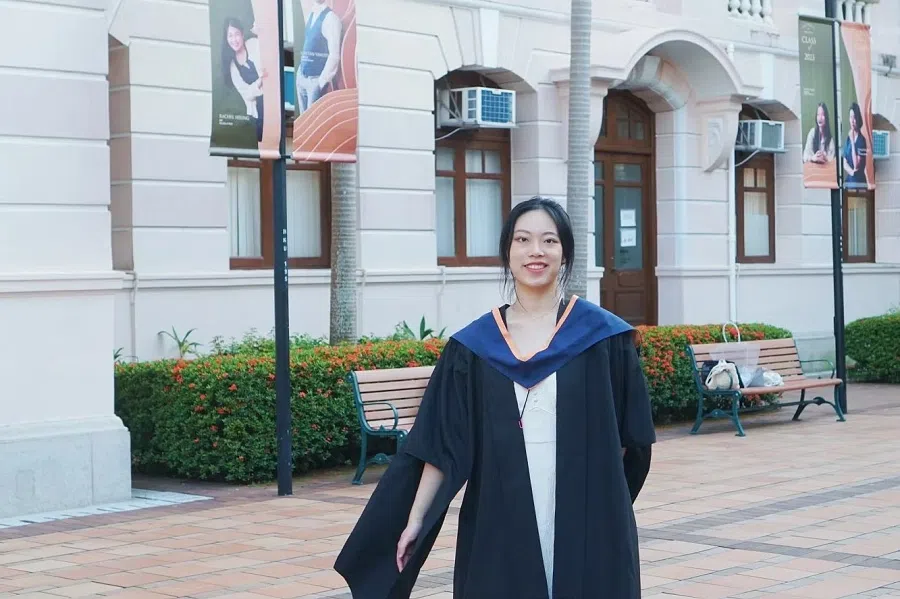
Amid China's lacklustre economic recovery and shrinking labour demand, the employment pressure is gradually trickling down from mid-level universities to top-ranked universities. The latter include 39 "Project 985" and 115 "Project 211" universities, both of which were established by the Chinese Ministry of Education in the 1990s. But even elite university graduates like Zhang have difficulties finding jobs.
Based on official statistics, a record 11.58 million college students are expected to graduate this year. At the same time, China's surveyed unemployment rate of young people aged between 16 and 24 increased for six straight months, reaching a record high of 21.3% in June. On 15 August, China's National Bureau of Statistics suspended the publication of its youth jobless data, triggering speculation that July's figure could be worse.
With so many graduates and so few jobs, taking the civil service examination has become the top solution for graduates of prestigious schools.
Unemployment among the highly educated is another prominent phenomenon of China's youth unemployment problem. Based on a macrofinancial report (《中国宏观金融分析》) released by the Chinese Academy of Social Sciences in July, 42% of unemployed urban youths in 2021 had at least a bachelor's degree.
Amid the grim employment situation, Wang Lingsu (pseudonym), a final year master's student in management and engineering at a Project 985 university, has already started to send out resumes.
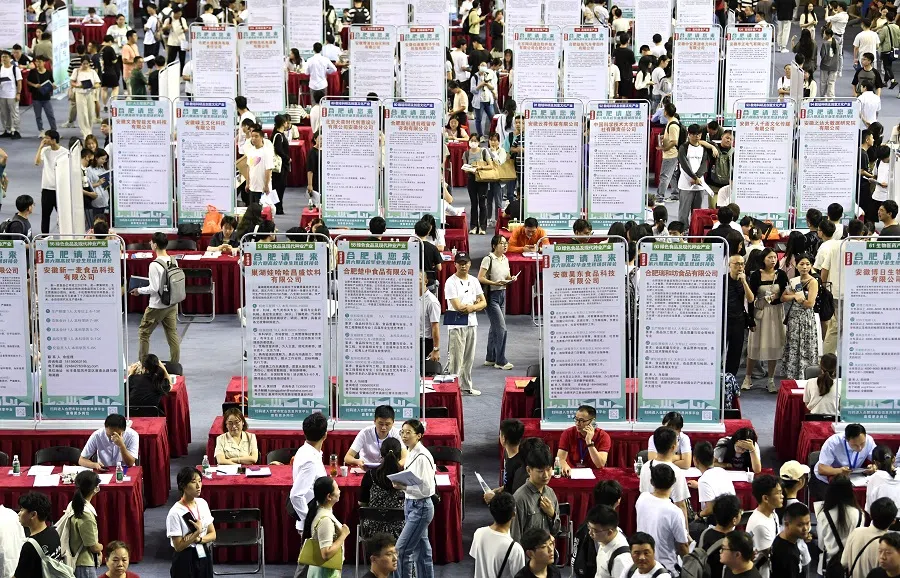
Wang also joined various WeChat group chats - a job group with hundreds of members from her faculty or class; student organisation groups; hostel groups; groups with her seniors from school; and even groups for trading items. She is not willing to exit from any of them "for fear of missing out on a job offer".
Wang said that "involution" was simply inevitable with so many outstanding people and so few good jobs around. She knows that educational qualifications are merely stepping stones to success and believes that "everyone is just swimming in a pool, it's just a matter of who gets to the shore".
Civil service exam fever
With so many graduates and so few jobs, taking the civil service examination has become the top solution for graduates of prestigious schools.
Half of Wang's roughly 600-strong cohort are intending to take the civil service exam. Similarly, Zhang Shuting also told Lianhe Zaobao that only less than a third of her classmates at her political science and law university have joined law firms, while many of them are taking the civil service exam.
In order to secure an "iron rice bowl", many of Zhang's classmates are going around the country on a "test tour"; from Beijing to Shanghai, Guangdong, Zhejiang and other regions with relatively good pay and benefits. Zhang herself sat for the civil service exam in her hometown of Guangdong.
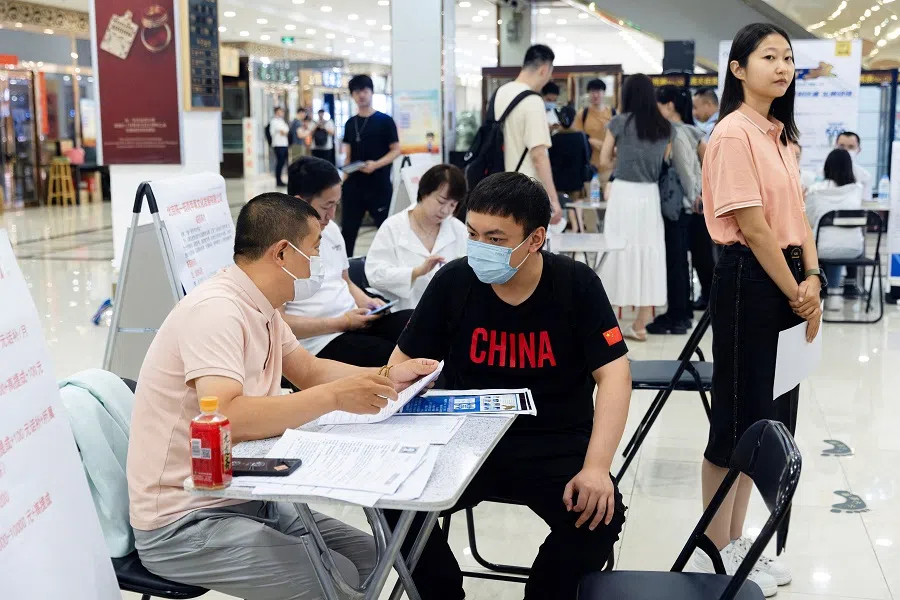
Statistics from China's civil service exam website show that there were more than 2.5 million applicants for the exam in 2023, an increase of 54,000 people compared with the previous year, making for a historic high. Although the number of successful hires rose by a few thousand people from last year's 31,242, competition remains stiff.
Lu Xi, an assistant professor from the Lee Kuan Yew School of Public Policy at the National University of Singapore, told Lianhe Zaobao that due to the limited number of positions, most graduates would not be able to secure a civil service job through exams.
He said frankly that students from brand-name schools taking the civil service exam en masse was "a very short-sighted move", which is "quite sad to see". This is because one might fall out of touch with society after staying within the system for a long period of time.
Lu added, "You might think it's safe to enter the system at 26 or 27 years old, but once you are hit by the changing of times in your 30s, you would be the first to be abandoned by the system and society."
There is a 'winner takes all' phenomenon for graduates who are the cream of the crop. These students can receive multiple offers, whereas others might not even get a single one. - Zeng Xiangquan, director, China Institute for Employment Research, Renmin University
Choosing to be unemployed
Among the students from brand-name schools who are still "drifting", a significant portion are choosing to stay unemployed or hold out for better opportunities. A source familiar with the Project 985 institutions in eastern China said that many graduates at his school had received employment offers but were holding out for better offers: "Finding employment is not difficult; it's about whether one wants to be employed."
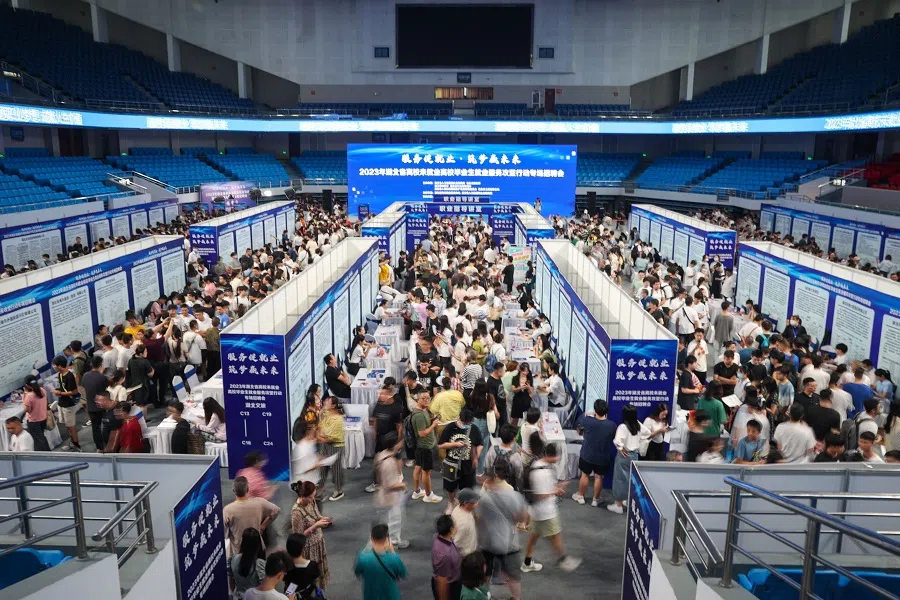
He also revealed that at his school, 85% of the graduates had already secured employment as of August, and that number is set to rise by the end of the year when all the statistics are tallied.
In an interview with Sanlian Lifeweek in July, Zeng Xiangquan, director of the China Institute for Employment Research at Renmin University of China, stated, "There is a 'winner takes all' phenomenon for graduates who are the cream of the crop. These students can receive multiple offers, whereas others might not even get a single one. This is currently the stark structural issue of China's unemployment."
He added that the employment market for Chinese graduates is currently facing a mismatch between supply and demand, causing an overall structural imbalance. This is aggravated by an even more serious and longstanding problem of a structural mismatch of knowledge and skills.
... the more far-reaching and severe problem is the structural mismatch in education, leading to low-quality employment in China. - Zeng Xiangquan
Lowering expectations
As for graduates just entering the workforce who are unable to find employment in the short term, Zeng said this was not a situation unique to China. The unemployment rate of China's youths cannot be directly compared with international statistics either; the latter takes into account the number of people who are unemployed and actively looking for a job in the last four weeks from the week of the survey, whereas China's statistics take into account those unemployed and looking for a job in the last 12 weeks.
Zeng said, "The unemployment rate for youths in China would be roughly 10% lower going by international standards." He argued that the more far-reaching and severe problem is the structural mismatch in education, leading to low-quality employment in China.
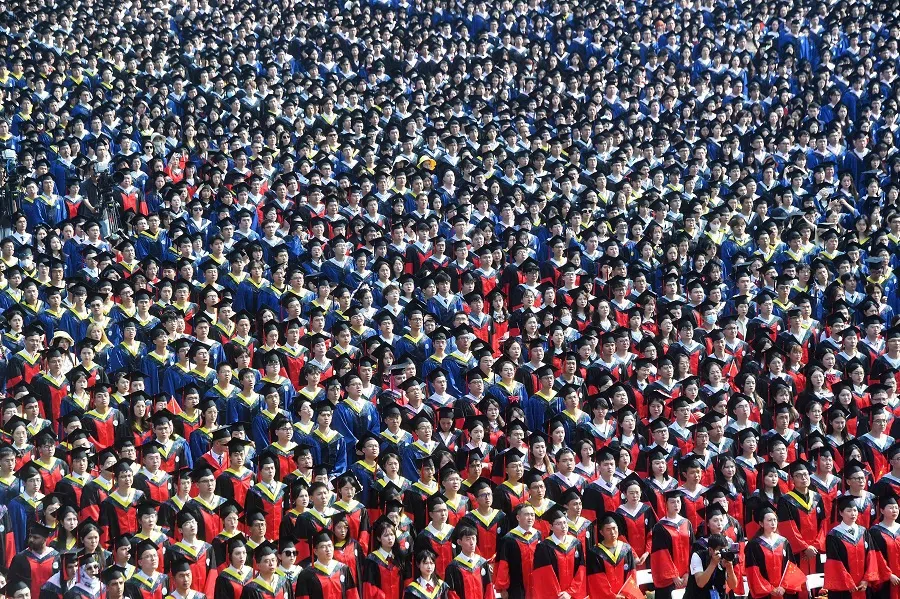
Indeed, graduates who need jobs can only gradually lower their job expectations. In June this year, Zhang Shuting set up a Xiaohongshu account detailing her job hunt and her thoughts on being a "full-time daughter". At the same time, she has eased up on her expectations in her job hunt and is prepared for a running battle.
She said, "If I can't secure an especially good job, I would settle for a less attractive one, and slowly work my way down. If there are no opportunities for me in Hong Kong, Guangzhou or Shenzhen, then I would try my luck further north. I believe there will be a job for me, it's a matter of whether it meets my expectations."
This article was first published in Lianhe Zaobao as "中国名校生遇到"史上最难就业季"".


![[Big read] Paying for pleasure: Chinese women indulge in handsome male hosts](https://cassette.sphdigital.com.sg/image/thinkchina/c2cf352c4d2ed7e9531e3525a2bd965a52dc4e85ccc026bc16515baab02389ab)
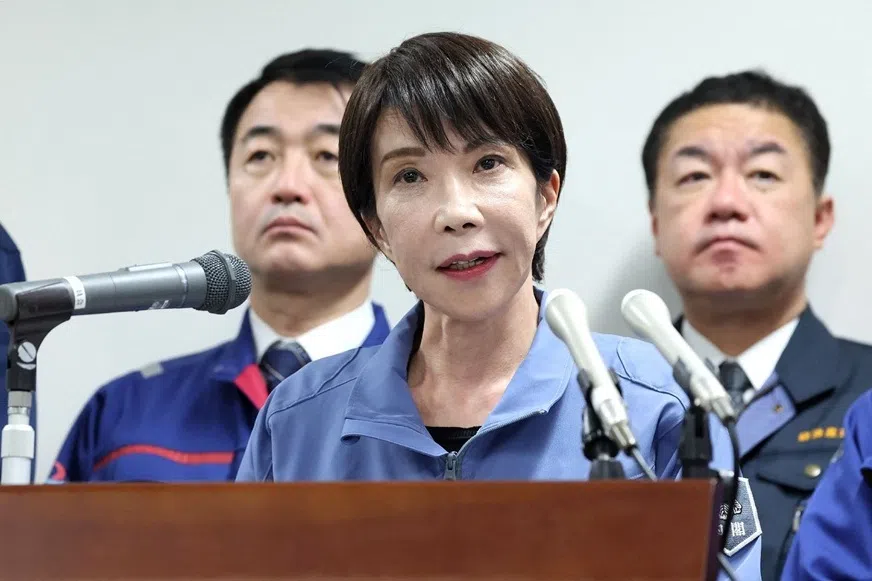


![[Big read] How UOB’s Wee Ee Cheong masters the long game](https://cassette.sphdigital.com.sg/image/thinkchina/1da0b19a41e4358790304b9f3e83f9596de84096a490ca05b36f58134ae9e8f1)